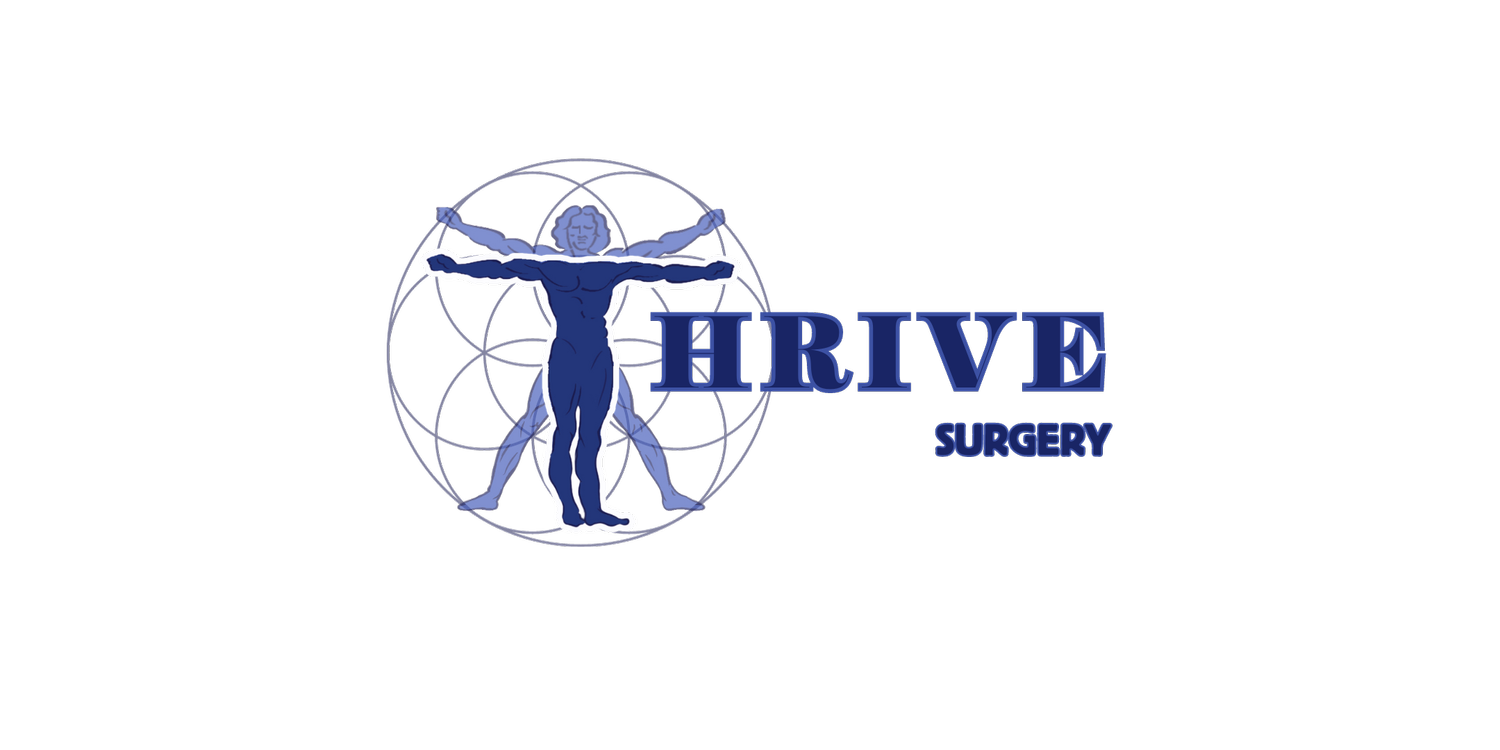The Ultimate Guide to Gastric Bypass Surgery: What You Need to Know
Introduction
Gastric bypass surgery is a life-changing procedure that offers hope to individuals struggling with severe obesity. This surgical intervention, also known as Roux-en-Y gastric bypass, has proven to be an effective tool for weight loss and improved health. In this comprehensive guide, we will delve into everything you need to know about gastric bypass surgery, from its various types and benefits to the risks and considerations. For those considering gastric bypass surgery in Haymarket and Warrenton, Virginia, Dr. Elizabeth Alexandra Zubowicz offers expert care and services.
Understanding Gastric Bypass Surgery
What is Gastric Bypass Surgery?
Gastric bypass surgery is a bariatric procedure that involves the creation of a smaller stomach pouch and rerouting of the digestive system. This surgery restricts the amount of food a person can eat and limits the absorption of calories and nutrients in the small intestine.
Types of Gastric Bypass Surgery
Roux-en-Y Gastric Bypass (RYGB): The most common type of gastric bypass surgery involves the creation of a small pouch from the top of the stomach and connecting it directly to the small intestine.
Mini Gastric Bypass (MGB): This variation is similar to RYGB but involves a longer limb of the small intestine.
Biliopancreatic Diversion with Duodenal Switch (BPD/DS): This procedure combines restrictive and malabsorptive elements by removing a large portion of the stomach and rerouting the small intestine.
Single Anastomosis Gastric Bypass (SAGB): A simplified version of RYGB with a single anastomosis, creating a smaller stomach pouch.
Each type of gastric bypass surgery has its unique advantages and considerations, and the choice depends on the patient's specific medical history and needs.
Benefits of Gastric Bypass Surgery
Weight Loss and Obesity Management
Gastric bypass surgery is one of the most effective methods for significant and sustained weight loss in individuals with severe obesity. Patients can often lose 60-80% of their excess body weight within the first year after surgery.
Improvement in Obesity-Related Health Conditions
Gastric bypass surgery often leads to the resolution or improvement of obesity-related health conditions such as type 2 diabetes, high blood pressure, sleep apnea, and joint pain.
Enhanced Quality of Life
Patients who undergo gastric bypass surgery often experience improved mobility, increased energy levels, and a better overall quality of life.
Risks and Considerations
Surgical Risks
While gastric bypass surgery is generally safe, like any surgical procedure, it carries risks such as infection, bleeding, and adverse reactions to anesthesia. It's essential to discuss these risks with your surgeon.
Nutritional Deficiencies
Due to reduced nutrient absorption, patients must follow a strict dietary regimen and take supplements to prevent deficiencies in vitamins and minerals, such as vitamin B12, iron, and calcium.
Lifestyle Changes
Gastric bypass surgery requires a lifelong commitment to dietary and lifestyle changes. Patients must be prepared to adopt a healthier eating pattern and engage in regular physical activity.
Preparing for Gastric Bypass Surgery
Medical Evaluation
Before undergoing gastric bypass surgery, patients undergo a comprehensive medical evaluation to assess their suitability for the procedure and identify any underlying health issues.
Dietary and Lifestyle Changes
Patients are typically required to make dietary and lifestyle changes in the weeks leading up to surgery. This may include losing some weight, quitting smoking, and managing chronic conditions.
The Surgical Procedure
Anesthesia and Incisions
Gastric bypass surgery is performed under general anesthesia, and it can be done through open surgery or minimally invasive laparoscopic techniques.
Creating the Gastric Pouch
During the procedure, the surgeon creates a small pouch from the top of the stomach, which will hold food.
Rerouting the Digestive Tract
The small intestine is divided, and the lower part is connected to the new stomach pouch, bypassing the larger part of the stomach and duodenum.
Closing and Recovery
After rerouting the digestive tract, the surgeon closes the incisions, and the patient begins their recovery journey.
Life After Gastric Bypass Surgery
Postoperative Diet
Patients follow a strict postoperative diet that progresses from liquids to soft foods and, eventually, solid foods. It's crucial to adhere to these dietary guidelines for successful weight loss and recovery.
Exercise and Physical Activity
Regular physical activity is essential for maintaining weight loss and overall health. Patients should gradually increase their activity levels under medical guidance.
Follow-Up Care
Patients require ongoing medical monitoring and follow-up appointments to ensure their health and progress after surgery.
Conclusion
Gastric bypass surgery is a significant step towards a healthier, happier life for those struggling with severe obesity. It offers substantial benefits in terms of weight loss and improved health but comes with its own set of risks and considerations. Dr. Elizabeth Alexandra Zubowicz provides expert care and services for those considering gastric bypass surgery in Haymarket and Warrenton, Virginia. If you're interested in this life-changing procedure, consult with Dr. Zubowicz to explore your options and begin your journey towards a healthier you.


